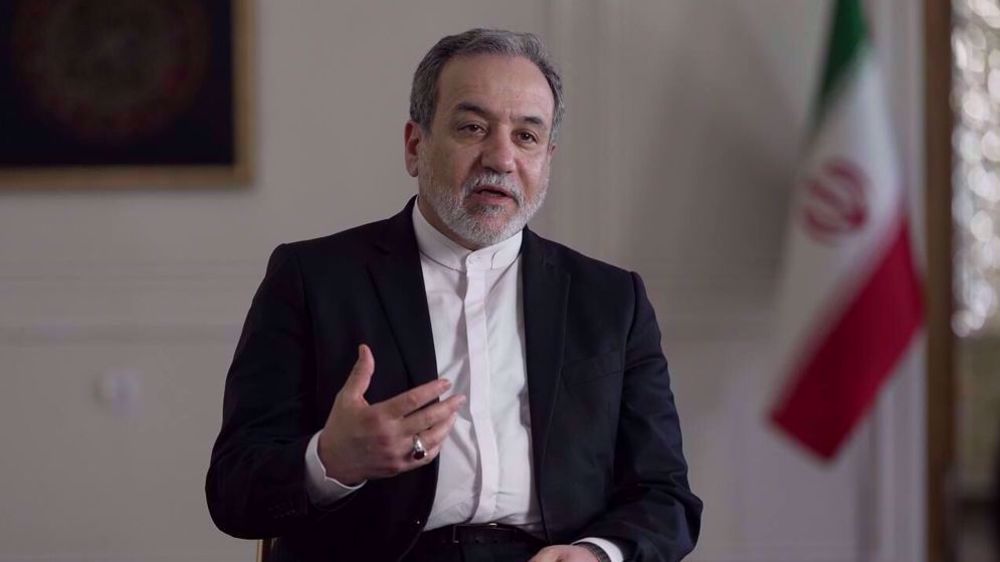US worries over two-state solution after Israel cabinet reshuffle
The United States voices concern over the fate of the so-called two-state solution in the wake of Israeli Prime Minister Benjamin Netanyahu’s stronger grip to power.
Netanyahu’s ruling coalition was boosted Wednesday after it was joined by Yisrael Beitenu party, headed by extremist Israeli politician Avigdor Lieberman.
That means Bibi is now set to have 66 legislators in the 120-member parliament, instead of 61, while Lieberman will be placed at the helm of the regime’s military.
The former minister of military affairs, Moshe Ya’alon, recently resigned both from the cabinet and the Israeli parliament (Knesset), citing “lack of trust” in the premier.
“I told the prime minister this morning that due to his conduct in recent developments, and in light of my lack of trust in him, I am resigning,” Ya’alon said on Friday.
Israel’s staunch ally, the US, is among those expressing concerns about the shake-up in the Israeli cabinet, saying it raises "legitimate questions" about the future of peace with Palestine.
US State Department spokesman Mark Toner made the comments on Wednesday, saying he had “seen reports from Israel describing it as the most right-wing coalition in Israel’s history.”
“And we also know that many of its ministers have said they oppose a two-state solution. This raises legitimate questions about the direction it may be headed in and what kind of policies it may adopt,” he added.
The US-backed two-state solution, promoted by US President Barack Obama and shunned by the Israeli premier, has so far failed to bring about any prospect of peace in the region.
Toner toned down his criticism by saying Washington would continue cooperating with Tel Aviv to reach the goal.
"We are going to work with this government as we have with every Israeli government that preceded it with the goal of strengthening cooperation and we remain steadfast in our commitment to the security of Israel and in our commitment to working towards a two-state solution," Toner told reporters in Washington, DC.
In order to assuage tensions, Lieberman and Netanyahu, both tried to sound positive towards peace with Palestinians and other issues in the regime’s foreign policy.
“My government remains committed to pursuing peace with the Palestinians, (and) pursuing peace with all our neighbors," said the hawkish prime minister. "My policy has not changed. We will continue to pursue every avenue for peace, while ensuring the safety and security of our citizens."
His remarks run counter to the reality on the ground in the Palestinian occupied territories where efforts to seek justice are often times suppressed.

He added that the new make-up would enable Israel to "seize new opportunities" in the region.
Lieberman also appeared smoother than ever in the joint press conference with Bibi, saying he would pursue a "responsible and reasonable" policy.
"At the end of the day my intention (is) to provide security and of course all of us we have a commitment, strong commitment, to the peace, to the final status agreement (with the Palestinians)," he said after the signing ceremony in the Knesset.
The Soviet-born party leader, who lives in an Israeli-built illegal settlement, has already made extremist comments towards Palestinians’ and the rest of the Arab world.
Israel’s unlawful expansion of settlements in the occupied territories has itself been a major obstacle in the US-backed peace process that collapsed in 2014.
Iran announces massive public funeral for 'Martyr Leader' Imam Khamenei
FM Araghchi: Trump betrayed diplomacy, Americans by attacking Iran
CIA turns to Kurdish militants to destabilize Iran after war failures: Report
Iran won’t remain silent in face of aggression: Envoy
Tehran warns EU against ‘Nazi mindsets,’ slams German backing of Israeli-US aggression
Iran agreed to nuclear concessions in Geneva talks – and then US-Israel bombed
Witkoff undermined Iran talks by peddling lies to build case for military aggression: Report
Scrutiny mounts over Trump’s Iran war amid contradictory claims, soaring costs: Reports










 This makes it easy to access the Press TV website
This makes it easy to access the Press TV website